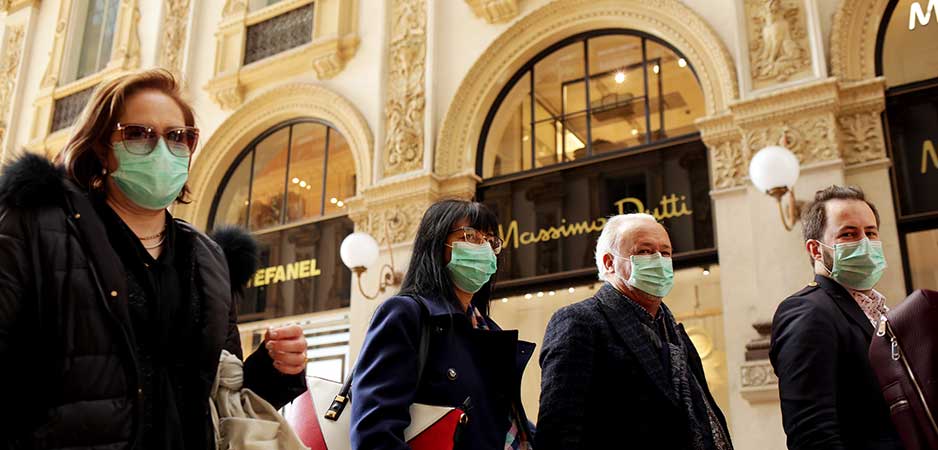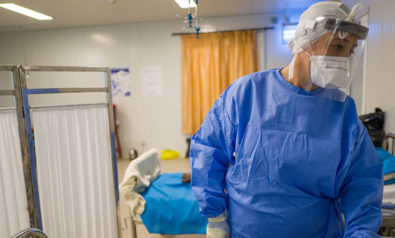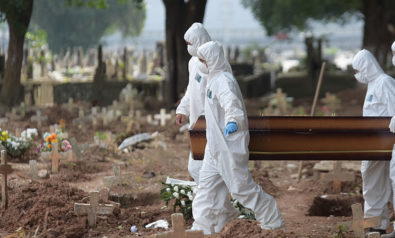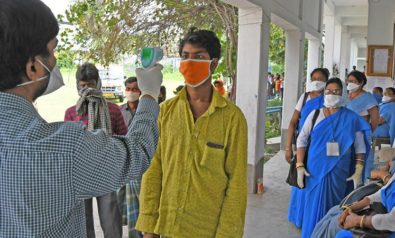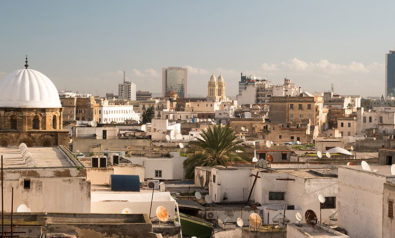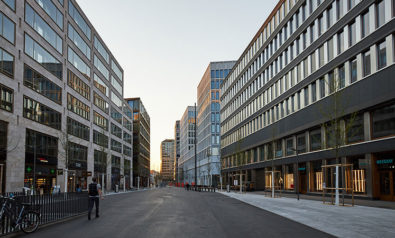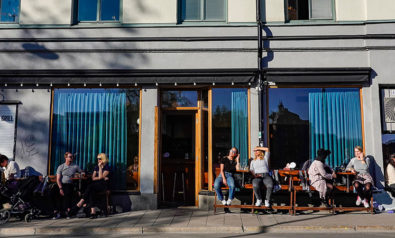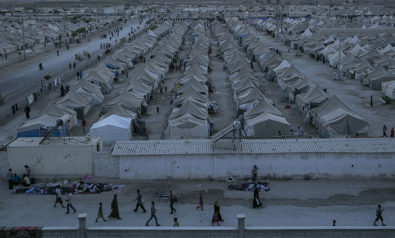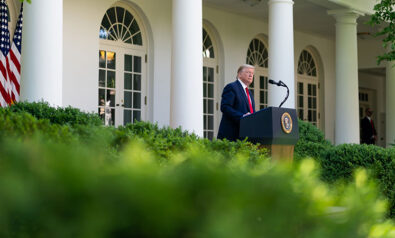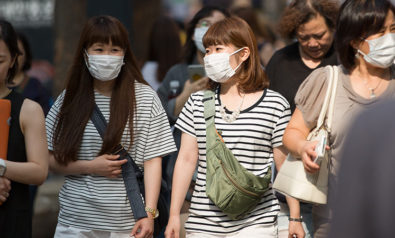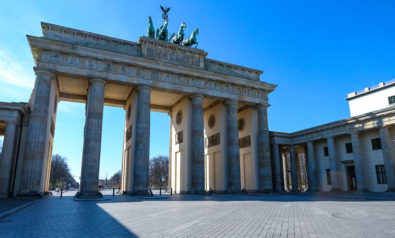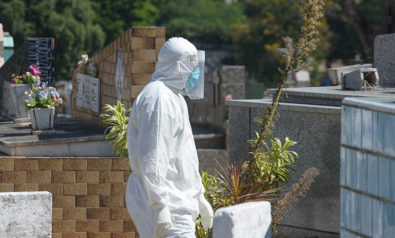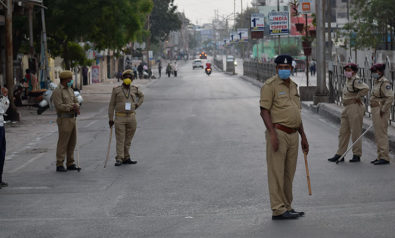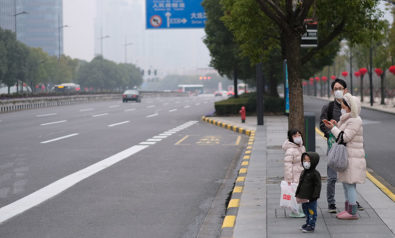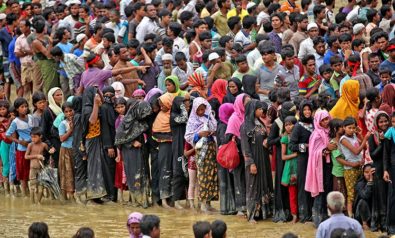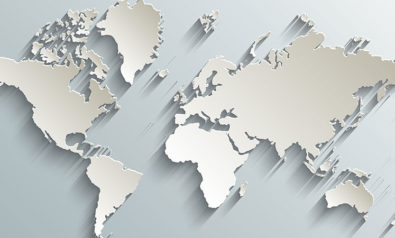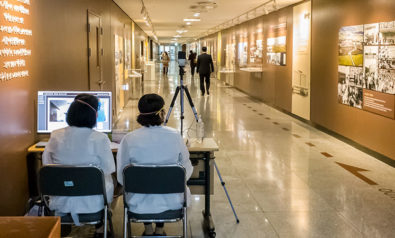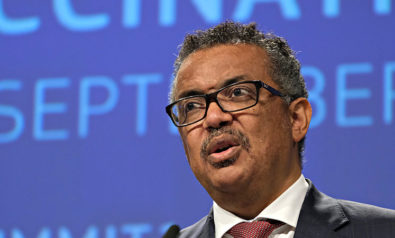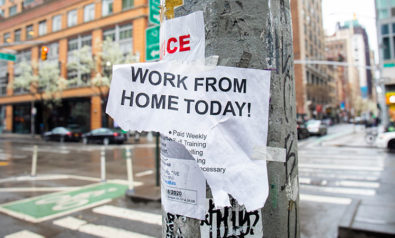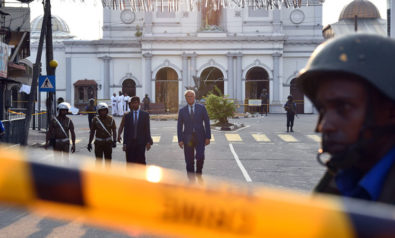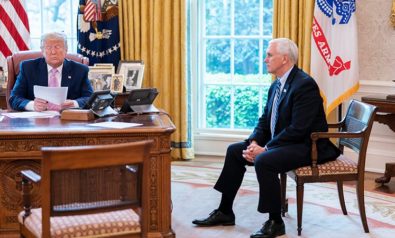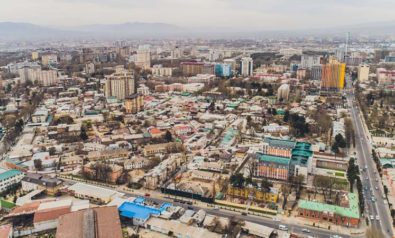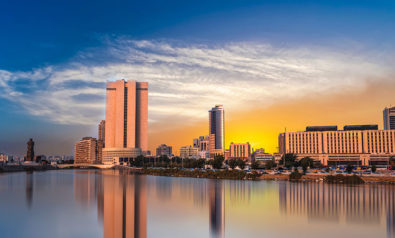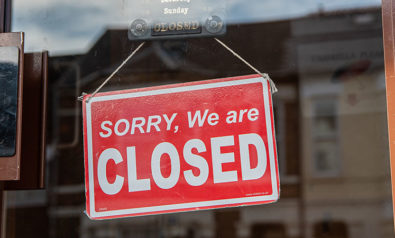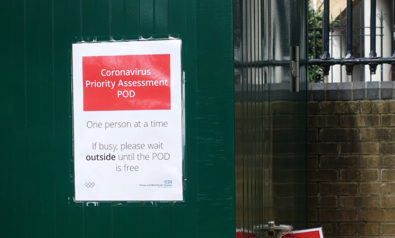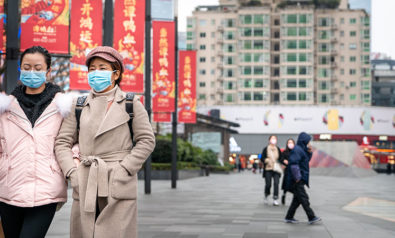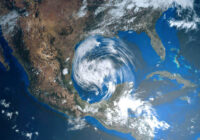On February 21, Italy woke up to reports of the country’s first case of COVID-19: a 38- year-old manager from Codogno, a small town located roughly 55 kilometers southeast of Milan. Six days later, the cases of the new coronavirus that originated in Wuhan, in China’s Hubei province in December last year, are up to 528, with 14 dead, making Italy’s the third-largest outbreak outside China and South Korea, with 78,514 and 1,766 cases respectively at the time of writing. The bulk of coronavirus cases are so far concentrated in northern Italy, in particular in the regions of Lombardy, Veneto and Emilia Romagna.
The initial reaction by the Italian authorities came in the form of scattered orders. The first decision concerned the creation of a “zona rossa,” a red zone around the 10 municipalities in Lombardy, close to Codogno and Vo’ Euganeo in Veneto, where the outbreak took place, encompassing nearly 50,000 people. Those areas were put under strict quarantine, with a sanitary cordon enforced by the police and the Italian army. Universities in Veneto, followed by Lombardy, decided to close their doors for one week on February 22, and the next morning came the decision to close all schools in Lombardy, Veneto, Emilia Romagna and Piemonte.
Will a Struggling Global Economy Survive the Coronavirus?
Across Lombardy and other northern regions, all social activity was limited, and cafes, bars, cinemas, theaters, gyms, etc., closed. Important events such as the Venice Carnival and the Milan Fashion Week were canceled, while football matches and other sporting tournaments were postponed. While central and southern Italy saw no significant variation to the daily routine, some regions like Molise and Basilicata, along with some local municipalities, opened emergency registers requesting travelers from northern Italy to observe a two-week quarantine.
Untimely Political Controversies
The exceptional circumstances related to the sudden health emergency in northern Italy did not prevent political controversies from igniting. Italian Prime Minister Giuseppe Conte accused the leader of the League party, Matteo Salvini, of lacking political responsibility, being the only member of the opposition refusing to be in contact with the government during the crisis.
Salvini had previously accused Conte and the whole Italian executive of having underestimated and miscalculated the risks related to COVID-19, using the outbreak as an opportunity for political campaigning. As reported by The Guardian, Salvini said: “The government has underestimated the coronavirus. Allowing the migrants to land from Africa, where the presence of the virus was confirmed, is irresponsible.”
Political confrontation was not limited to Salvini, however. When Conte had suggested the possibility that something could have gone wrong during the initial management of the emergency at the hospital in Codogno, the governor of the Lombardy region, Attilio Fontana, who is a member of the League party, accused the prime minister of ungenerously making Lombardy a scapegoat for the mistakes made by the government. Conte also had to face an embarrassing lack of coordination across the country, announcing that he might take on the special powers normally vested in the regions in order to ensure a prompt and organized response to the emergency.
Another element of harsh political confrontation was the possibility of closing Italy’s borders, as suggested, among others, by Salvini and the leader of France’s National Rally, Marine Le Pen. However, the European Union clearly opposed the idea of temporarily halting the free movement of people in the Schengen area, labeling it as unnecessary.
Economic Costs
The economic impact of the coronavirus outbreak on the already fragile Italian economy will be considerable. The Lombardy and Veneto regions are Italy’s most productive, and an important part of their economy is based on tourism, exhibitions and big events like the Milan Fashion Week, the Venice Carnival and the Salone del Mobile. The added costs of the closure of social venues will be a big hit to their cities’ budgets.
The New York Times headline reads, “Coronavirus Stalls Milan, Italy’s Economic Engine,” while Sole 24 Ore, Italy’s most reputable financial publication, warns: “The biggest fear is that Milan and high-performing northern Italy may end up being paralyzed by the virus. The two clusters of the infection, Lombardia and Veneto, make up more than 30% of the Italian GDP. According to Istat, the national institute of statistics, Lombardy alone accounts for more than 22% of national GDP (390 billion euros out of 1.7 trillion euros) while Veneto accounts for more than 9% (163 billion euros). Lombardia is home of more than 900,000 firms and its export topped 127 billion euros in 2018, a +5,2% year by year increase.”
The Italian government is already considering economic and fiscal measures to support the areas more severely hit by the outbreak, and it is highly probable that the European Union will offer Italy a hand. The vice president of the European Commission, Valdis Dombrovskis, said on Tuesday that the commission will be “flexible” with Italy and other member states affected by the coronavirus outbreak when it comes to meeting their fiscal targets.
While other countries come together in the face of emergency, Italy is missing the opportunity to exhibit a sense of national cohesion — its Achilles’ heel since unification in 1861. The country looks to be in a state of chaos, once again politically polarized and socially divided into opposite teams: Salvini versus Conte, the central executive versus the regions, the north versus the south.
The views expressed in this article are the author’s own and do not necessarily reflect Fair Observer’s editorial policy.
Support Fair Observer
We rely on your support for our independence, diversity and quality.
For more than 10 years, Fair Observer has been free, fair and independent. No billionaire owns us, no advertisers control us. We are a reader-supported nonprofit. Unlike many other publications, we keep our content free for readers regardless of where they live or whether they can afford to pay. We have no paywalls and no ads.
In the post-truth era of fake news, echo chambers and filter bubbles, we publish a plurality of perspectives from around the world. Anyone can publish with us, but everyone goes through a rigorous editorial process. So, you get fact-checked, well-reasoned content instead of noise.
We publish 2,500+ voices from 90+ countries. We also conduct education and training programs
on subjects ranging from digital media and journalism to writing and critical thinking. This
doesn’t come cheap. Servers, editors, trainers and web developers cost
money.
Please consider supporting us on a regular basis as a recurring donor or a
sustaining member.
Will you support FO’s journalism?
We rely on your support for our independence, diversity and quality.


